'No Easy Day': Bin Laden Book Author Defends Decision To Write
The author of a new book on the commando raid that killed Osama bin Laden included a defense of his decision to publish his insider account in the final pages of the text, saying that the White House's willingness to publicize details of the operation opened the door to other versions of the story.
"Since May 1, 2011, everyone from President Obama to [the special operations commander] Admiral [William] McRaven has given interviews about the operation," writes the author, who was one of the Navy SEALs who took part in the raid, and published the book under the pseudonym Mark Owen. "If my commander in chief is willing to talk, then I feel comfortable doing the same."
The Huffington Post acquired an early copy of the book, which is scheduled to be released on Sept. 4, from a local bookstore. Fox News first revealed the book's author's identity.
The book reveals that bin Laden was unarmed at the time he was killed, but in many other ways hews closely to some of the previously published accounts of the operation.
Love HuffPost? Become a founding member of HuffPost Plus today.
In the days and weeks after the bin Laden raid's completion, numerous detailed accounts of the operation were pushed out by the White House and the defense establishment, culminating in a lengthy narrative published in the New Yorker last August.
Indeed, in just the first 24 hours after the raid, national security reporters in Washington were treated to three long briefings -- one from the C.I.A., one from the Pentagon and one from John Brennan, Obama's counterterrorism czar -- that detailed how the operation occurred.
Owen, who makes no secret of his general disdain for Obama, says that as details about the raid poured out of official Washington, he and his fellow commandos were called into a briefing at their home base in Virginia and told to keep a "low profile."
"I was astonished," Owen writes. "We'd kept this whole thing under wraps for weeks. Now, Washington was leaking everything, and we were going to get the lecture for it."
Many SEALs worried at the time that if their names or location were publicized, they or their homes would immediately become top targets for terrorist attacks.
Indeed, in the weeks since Owen was outed as the author of the book, his true name and a purported picture of him have reportedly circulated on jihadi websites, along with a call to assassinate him.
More than anything else, however, Owen seems to have been irked by the "speculation" in the media about SEALs, and the many misrepresentations of how they operated during the raid.
He saves particular pique for the public appearances of Richard Marcinko -- the founder of the DEVGRU, or Team Six, the specialized unit that carried out the raid -- who told ABC at one point that SEALs all have "big egos" and "gazelle legs."
"We laughed our asses off," Owen says. "I knew he was a founder of DEVGRU, but he was hopelessly out of touch with the modern force."
Marijuana
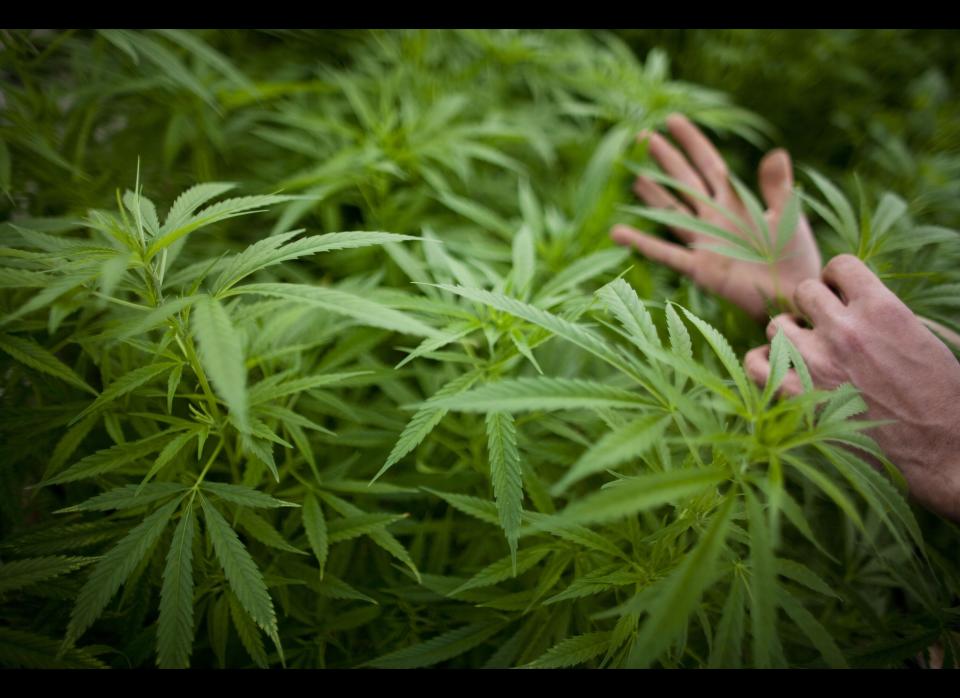
Pornography
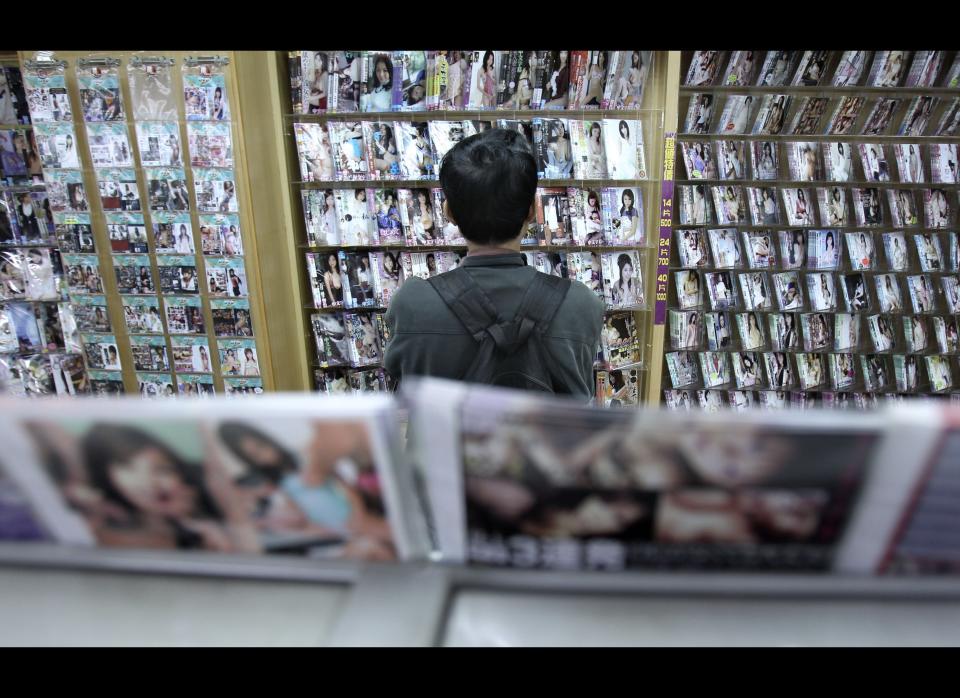
'Natural Viagra'
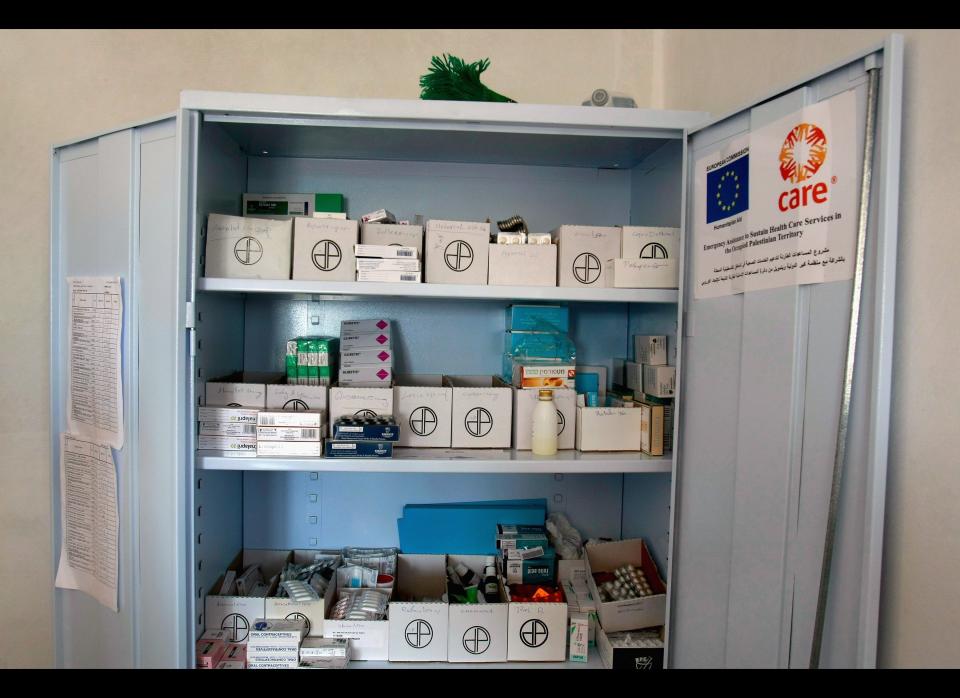
Diary
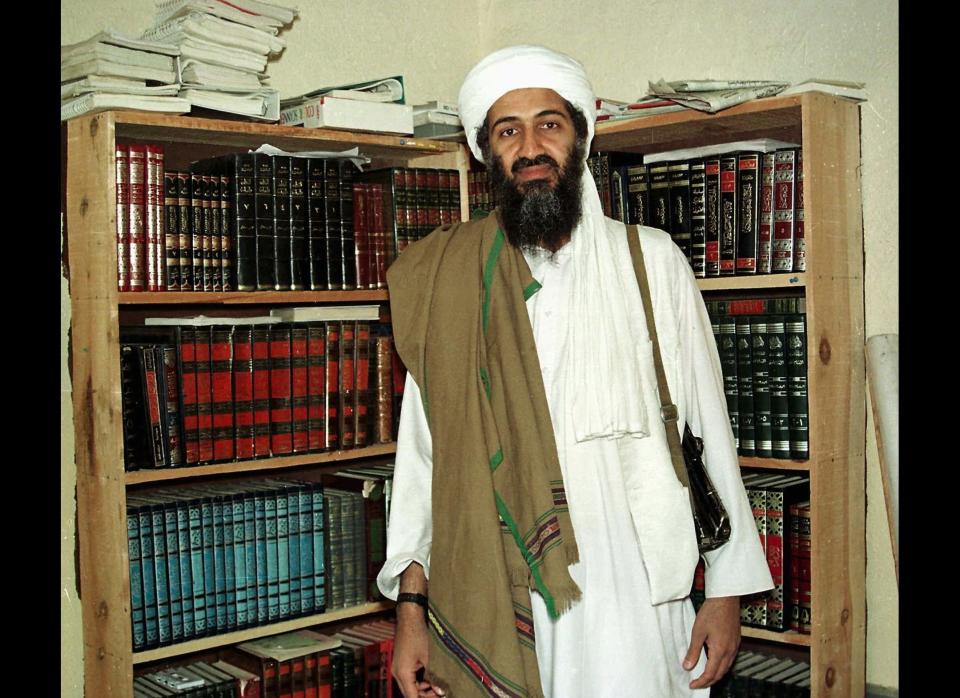
No Internet Access
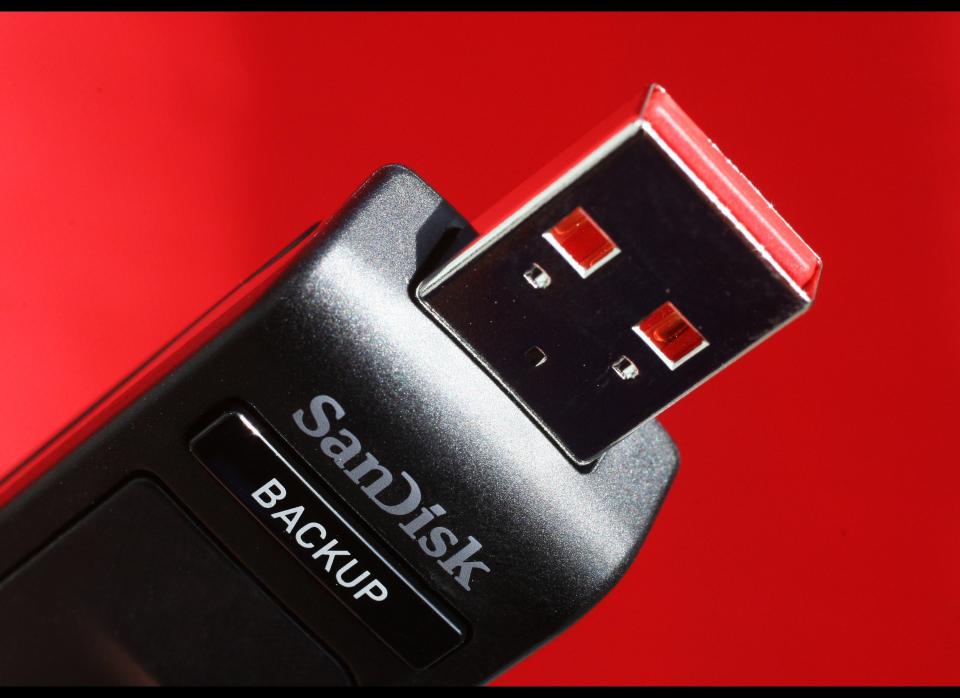
Soft Drinks
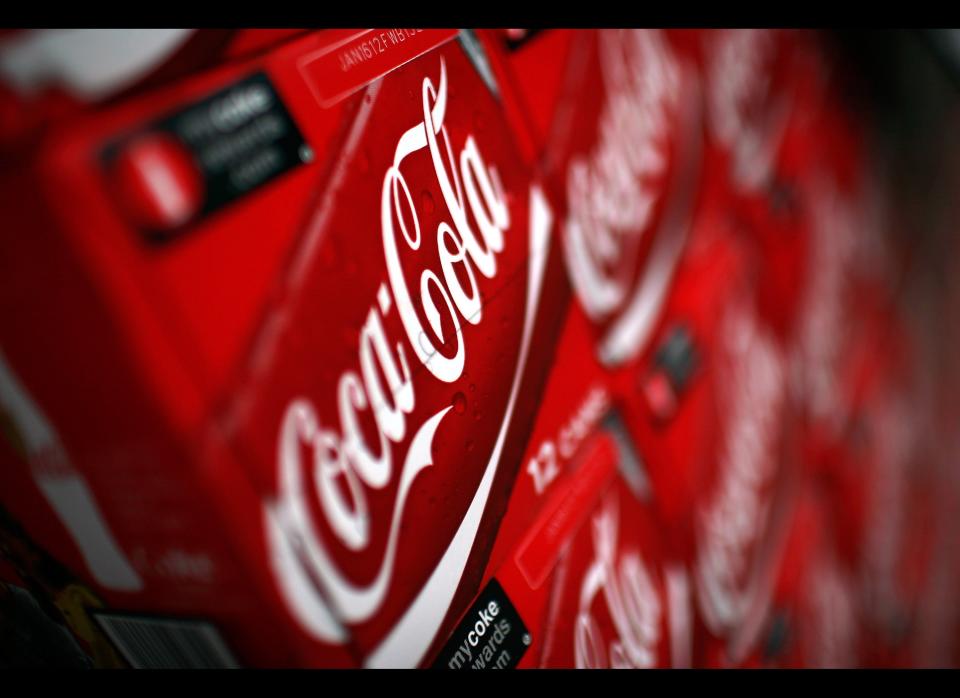
This article originally appeared on HuffPost.

